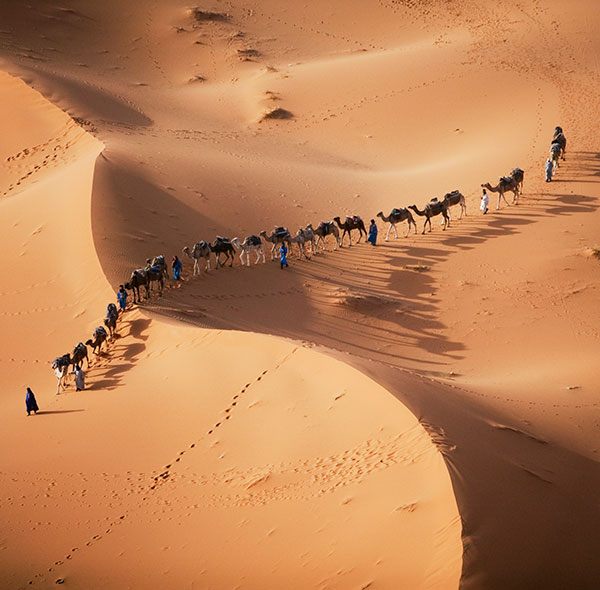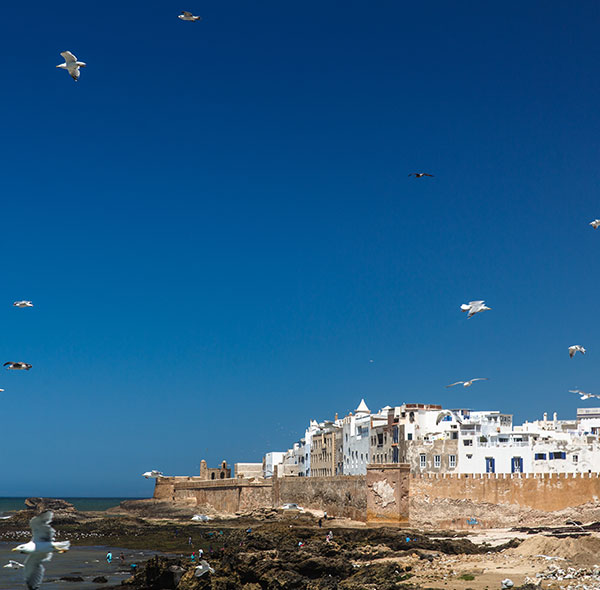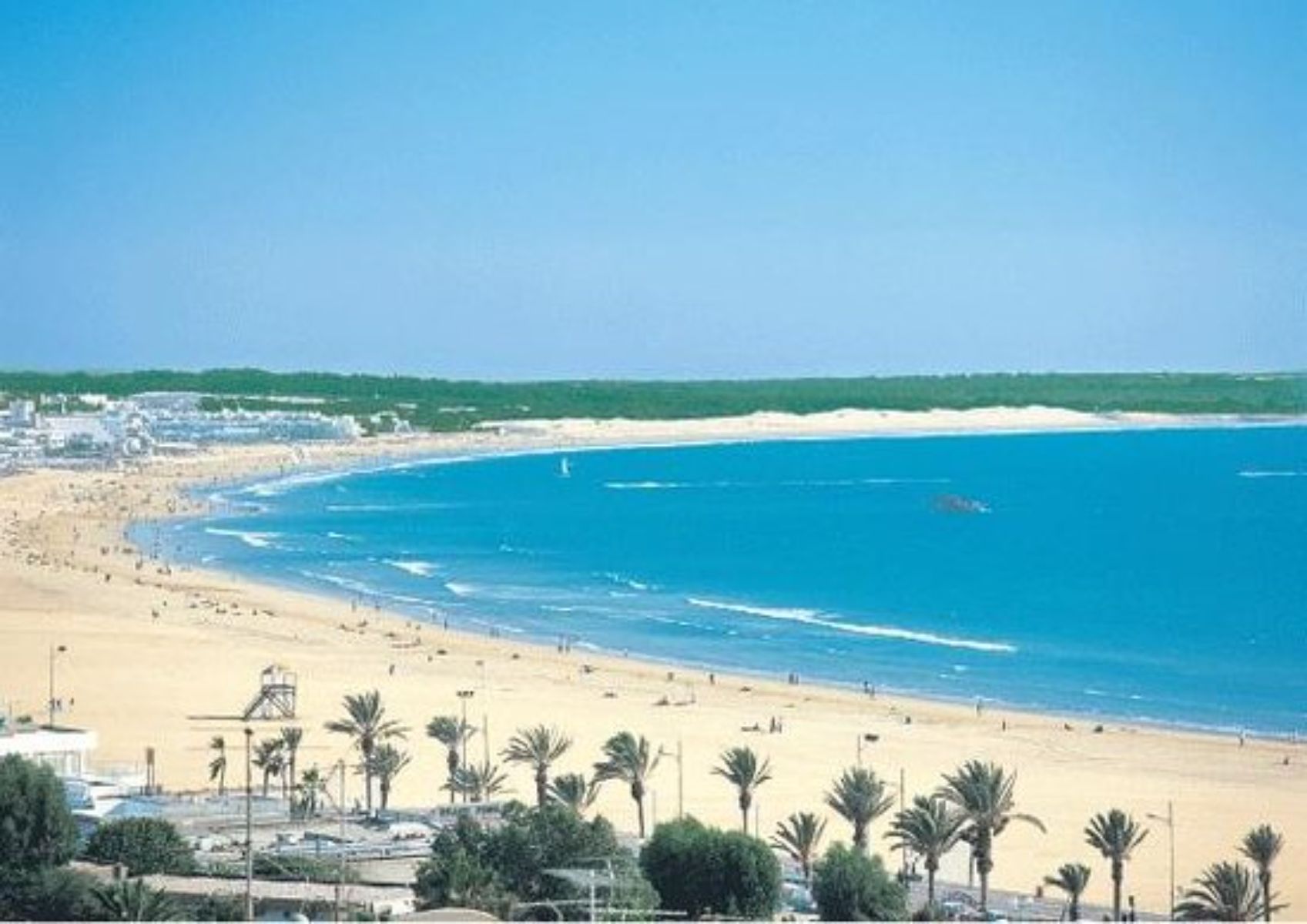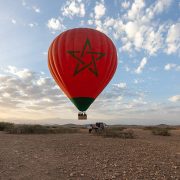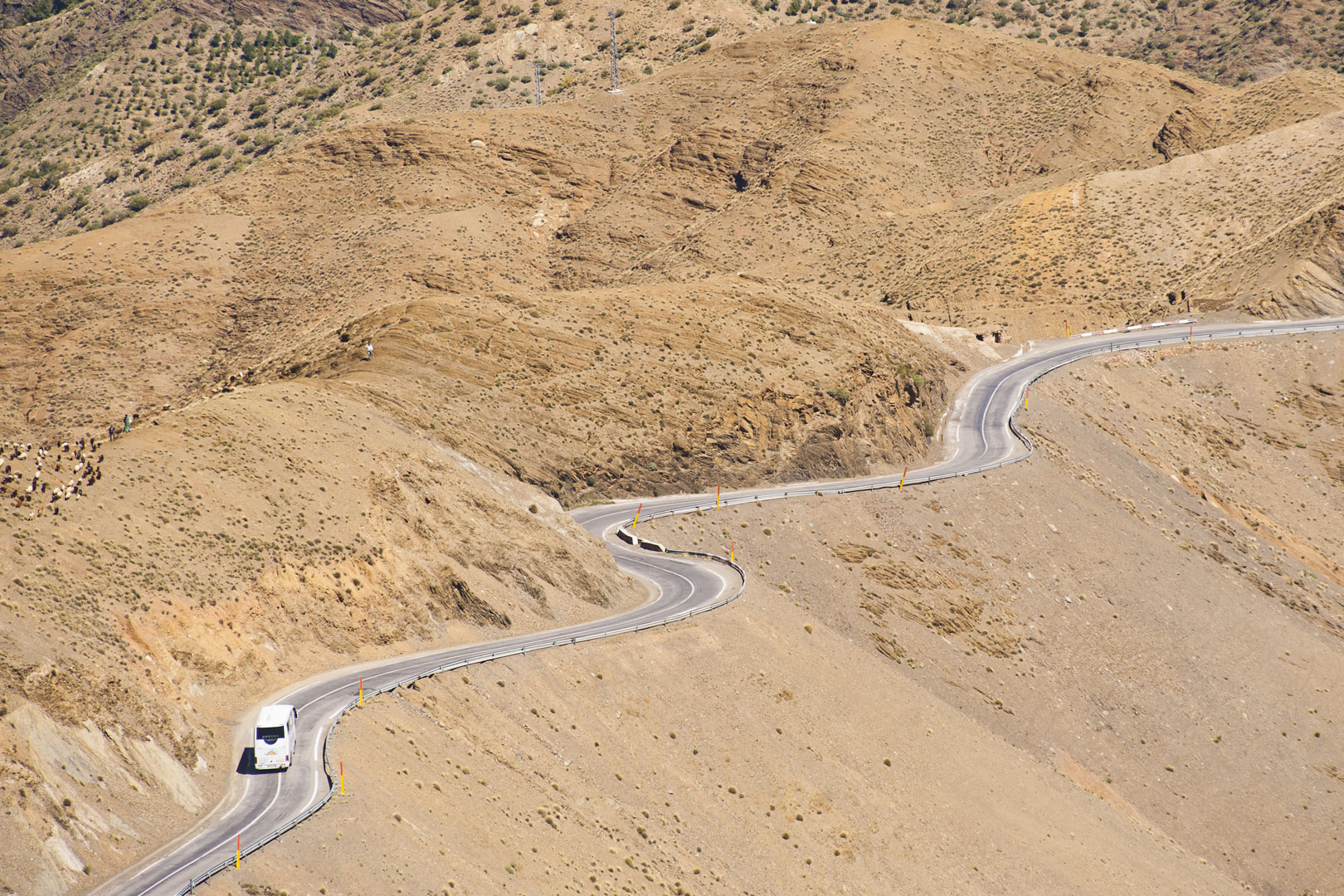
How to Travel in Morocco
The Moroccan sun is harsh, so you’ll need to pack clothing that will protect you from the harsh rays while travel in Morocco. You’ll also want to wear sunglasses to keep yourself safe from the sun. In the evening, the temperature will drop, so pack lighter clothing. If you plan on riding a camel, bring long trousers, as the fur on camels can irritate your skin. And don’t forget your COVID-19 vaccination.
Train travel in Morocco
Traveling by train in Morocco is an excellent way to see the countryside and its beautiful landscape. There are many options for train travel in Morocco, and there are different classes of seats for different budgets. The train has a bathroom and a small sink and mirror for first-class travelers, but second-class passengers will likely get empty seats. Train travel in Morocco is relatively inexpensive, and you can get a one-way ticket for under $100.
While Moroccans do not drink while driving, alcohol laws are strict. If you are caught drinking and driving in Morocco, you’ll likely be arrested. Train travel in Morocco is an excellent way to get from place to place without renting a car. Although Morocco has a small train network, distances between major cities aren’t particularly long. For example, it takes about two hours and 30 minutes to travel from the Medina of Fez to the capital, Rabat. You can also take the train between Marrakech and Casablanca.
Moroccan train tickets are available at most train stations. Be sure to purchase them in advance. Online ticket booking can be difficult for international travelers. A travel agent can help you with this. However, if you don’t have a Moroccan card, buying train tickets in Morocco will save you time and money. In addition, Moroccan train tickets can be purchased at train stations, where you can also get a seat reservation. If you’re staying at a hotel or a tourist-friendly property, it might be a good idea to purchase tickets for the train at the station, which is both convenient and safe.
Buses travel in Morocco
The national rail network does not cover all of Morocco, so buses are an excellent option for getting around. They offer comfortable service in most major cities, and are a much cheaper alternative to trains. The main national bus operators include CTM, Supratours, SATAS, and Trans-Ghazala. While smaller companies may be less reliable, they usually leave the station only when full. Many of these buses also have air conditioning. Tourists can purchase tickets for the buses at the bus station.
If you are taking your own vehicle, Moroccan mechanics are excellent at repairing breakdowns. Most medium-sized towns have a garage, and most of them carry spare parts for most Fiats and French cars. Be aware, however, that if you break down in the country, you will be charged a fortune to have it towed to town. Besides, if you don’t have an international driving license, you’ll have to re-export your car when you leave.
When traveling to Morocco by bus, be prepared for rough roads. Many Moroccans have trouble with road travel and tend to shut their windows for safety reasons. While they may be helpful, you may feel queasy or vomit if the bus is bumpy. To help ease the process, you may want to carry a little change in your pocket. In addition to the bus itself, Moroccan buses are equipped with modern roadside gas stations, restaurants, and emergency assistance patrols.
Minibuses travel in Morocco
If you plan to travel in Morocco by bus, it is recommended that you use the minibuses. Although Moroccan rail service is very modern, the seats are often too narrow for people with wider shoulders. There are a lot of buses in Morocco, and sometimes the bus station has more than three different bus companies. When you are on a tight schedule, you might have to wait until one of the buses fills up. CTM and Supratours are two of the best-known bus companies in the country.
If you have more than a small group, you can opt for collective taxis. They are usually old Mercedes sedans with only one driver and six passengers. Depending on your needs, you can pay for two seats to save some money. These minibuses are an inexpensive way to travel to Morocco. You should check the route before you go, as you may need to take several trips in a day. If you are traveling with several people, make sure to book early.
Taking a minibus is not recommended if you are not familiar with Moroccan road travel. Moroccans are notorious for closing the windows while traveling on the road. This is a very uncomfortable situation for some, and the experience could result in nausea or vomiting. However, there are ways to make the trip much more comfortable for everyone involved. You can find taxis that have the right capacity and can travel on roads that were not designed for such vehicles.
Vaccination for COVID-19
You may need to get a COVID-19 vaccination before traveling to Morocco. If you are traveling with children, you may want to get an additional dose of the vaccine. You may also want to get an immune globulin vaccine. Infants under six months of age traveling internationally should have one dose of the MMR vaccine, but this does not count toward your childhood vaccination series. Vaccination for COVID-19 does not protect you from the many other diseases that may affect you while you are traveling in Morocco. Safe food and water are essential to minimize your risk. Prescription medications are also essential.
In order to visit Morocco, travelers must present a valid vaccination certificate showing proof of two doses of the COVID-19 vaccine. Those who have received two doses of the vaccine more than four months ago should also present a third dose. The two-dose vaccine administered by Johnson & Johnson is the same as two doses of the other vaccines. For travelers who did not get a vaccination before traveling, they must present a negative PCR test taken 72 hours before boarding the aircraft.


